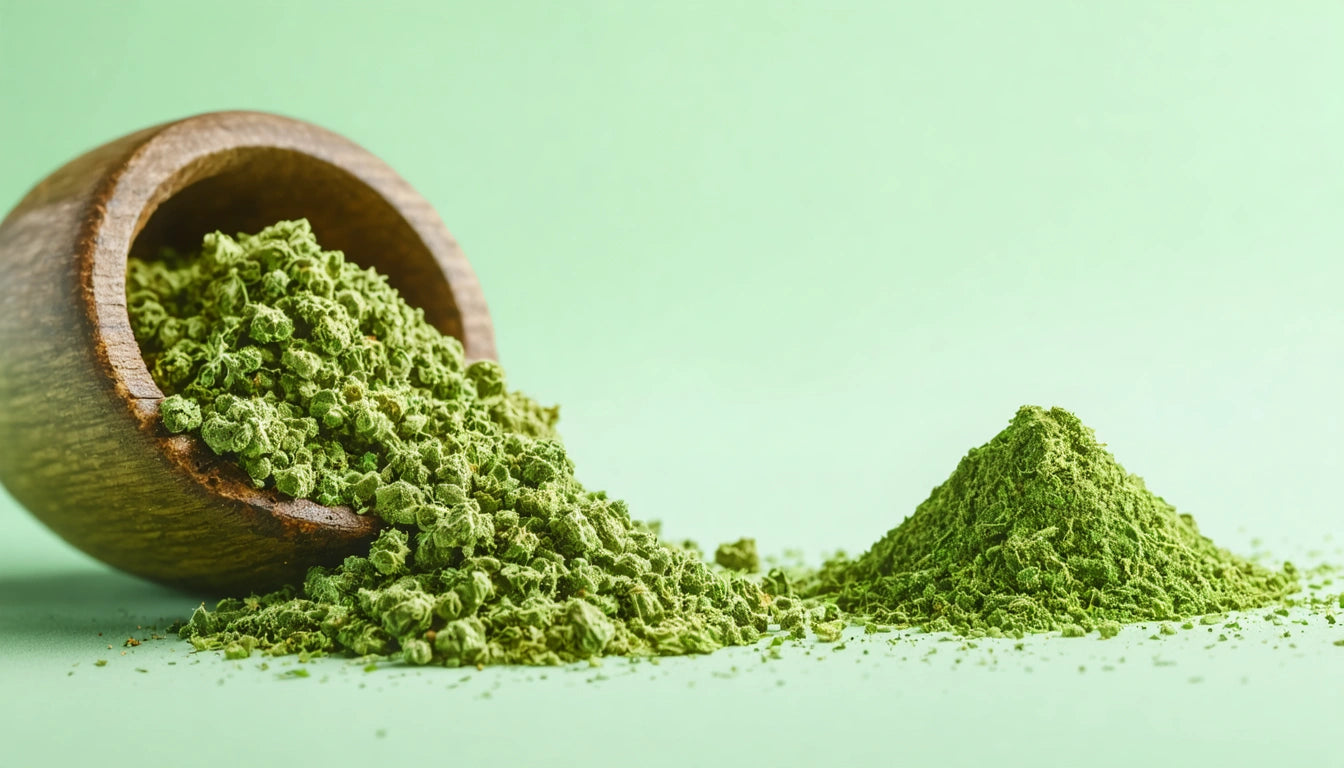Table of Contents
- Understanding MMJ Cards: Benefits and Basics
- How to Get a MMJ Card in California: Step-by-Step
- How to Get a MMJ Card in Arizona: Requirements and Costs
- How to Get a MMJ Card in Michigan: Application Process
- How to Get a MMJ Card in Washington: State Guidelines
- How to Get a MMJ Card in Nevada: Key Requirements
- MMJ Card Renewal and Interstate Recognition
How to Obtain an MMJ Card: A State-by-State Guide
Medical marijuana programs continue to expand across the United States, providing patients with access to cannabis for therapeutic purposes. Understanding how to get a MMJ card is essential for patients seeking legal access to medical cannabis. This comprehensive guide breaks down the application process, requirements, and costs for obtaining a medical marijuana card in key states including California, Arizona, Michigan, Washington, and Nevada.
Understanding MMJ Cards: Benefits and Basics
A medical marijuana (MMJ) card is a state-issued identification card that allows patients with qualifying conditions to legally purchase, possess, and sometimes cultivate cannabis for medicinal use. Benefits of obtaining an MMJ card typically include:
- Legal protection under state law
- Access to dispensaries with medical-grade products
- Higher possession limits than recreational programs
- Lower taxes compared to recreational purchases
- Access to higher potency products in some states
While recreational cannabis is legal in many states, maintaining a medical card often provides additional benefits and protections for patients with ongoing medical needs.
How to Get a MMJ Card in California: Step-by-Step
California has one of the nation's oldest medical marijuana programs, established in 1996 with the Compassionate Use Act. Here's how to get a MMJ card in California:
1. Confirm Eligibility
California residents must have a qualifying condition, which includes:
- Chronic pain
- Cancer
- Glaucoma
- AIDS/HIV
- Arthritis
- Migraines
- Other conditions where marijuana provides relief
2. Obtain Medical Documentation
Schedule an appointment with a licensed physician who can evaluate your condition and provide a recommendation. Many doctors now offer telehealth evaluations for convenience.
3. Apply for Your Card
With your doctor's recommendation, you can apply through your county's health department. Alternatively, your doctor's recommendation alone is legally sufficient in California, though having the state-issued card provides additional protection.
4. Costs and Timeline
The state fee for a medical marijuana ID card varies by county but typically ranges from $70-$100. Doctor's evaluations generally cost $50-$150. Cards are valid for one year before renewal is required.
How to Get a MMJ Card in Arizona: Requirements and Costs
Arizona's medical marijuana program has been active since 2010. If you're wondering how to get a MMJ card in AZ, follow these steps:
1. Qualifying Conditions
Arizona has specific qualifying conditions including:
- Cancer
- Glaucoma
- HIV/AIDS
- Hepatitis C
- ALS
- Crohn's disease
- Severe and chronic pain
- PTSD
2. Physician Certification
Visit a licensed MD, DO, or naturopathic physician who must certify that you have a qualifying condition and would likely benefit from medical marijuana.
3. Application Submission
Complete the online application through the Arizona Department of Health Services website, including your physician certification, photo ID, and proof of residency.
4. Fees and Renewal
If you're asking how much is a MMJ card in AZ, the standard fee is $150 for new applications and renewals. Reduced fees of $75 are available for SNAP participants. Cards are valid for two years.
How to Get a MMJ Card in Michigan: Application Process
Michigan's medical marijuana program has been operating since 2008. Here's how to get a MMJ card in Michigan:
1. Physician Certification
Obtain a written certification from a licensed MD or DO confirming you have a qualifying condition such as:
- Cancer
- Glaucoma
- HIV/AIDS
- Hepatitis C
- ALS
- Crohn's disease
- Alzheimer's disease
- Nail patella
- PTSD
- Chronic pain
2. Application Submission
Complete the Michigan Medical Marijuana Program application, including your physician certification, application fee, proof of Michigan residency, and a passport-quality photo.
3. Processing and Approval
Applications are typically processed within 15 business days. Once approved, your card will be mailed to your address.
4. Costs and Validity
The application fee is $40. Cards are valid for two years before renewal is required.
How to Get a MMJ Card in Washington: State Guidelines
Washington state has a somewhat unique approach to medical marijuana. Here's how to get a MMJ card in Washington:
1. Healthcare Practitioner Authorization
Consult with a qualifying healthcare practitioner who can authorize medical cannabis if you have a qualifying condition.
2. Database Registration
Take your authorization to a medically-endorsed retail store where staff can enter you into the state's database and issue your medical marijuana card.
3. Benefits of Registration
While registration is voluntary, benefits include:
- Sales tax exemptions
- Higher possession limits
- Protection from arrest, prosecution, or legal penalties
- Ability to purchase high-THC products
- Ability to grow more plants at home
4. Costs
The database registration fee is typically $1, though healthcare practitioner visits may cost $50-$200.
How to Get a MMJ Card in Nevada: Key Requirements
Nevada's medical marijuana program offers several benefits over recreational use. Here's how to get a MMJ card in Nevada:
1. Physician Evaluation
Visit a licensed physician who must document that you have a qualifying condition such as:
- Cancer
- Glaucoma
- HIV/AIDS
- PTSD
- Severe nausea or pain
- Seizures
- Muscle spasms
2. Application Process
Submit your application to the Nevada Division of Public and Behavioral Health, including physician statement, application form, proof of residency, and application fee.
3. Approval and Card Issuance
Once approved, you'll receive a temporary approval letter followed by your physical card.
4. Costs and Renewal
The state application fee is $50, plus a $75 fee for the card itself. Physician evaluations typically cost $50-$200. Cards are valid for one year.
MMJ Card Renewal and Interstate Recognition
Most states require annual or biennial renewal of medical marijuana cards. The renewal process is typically similar to the initial application but may be streamlined in some states. While some states offer reciprocity for out-of-state medical marijuana patients, most require you to be a resident of the state where you're applying for a card.
Understanding how to get a MMJ card in your state provides a pathway to legal access to medical cannabis. As regulations continue to evolve, staying informed about your state's specific requirements ensures you maintain compliant access to the medicine you need.











Leave a comment
All comments are moderated before being published.
This site is protected by hCaptcha and the hCaptcha Privacy Policy and Terms of Service apply.